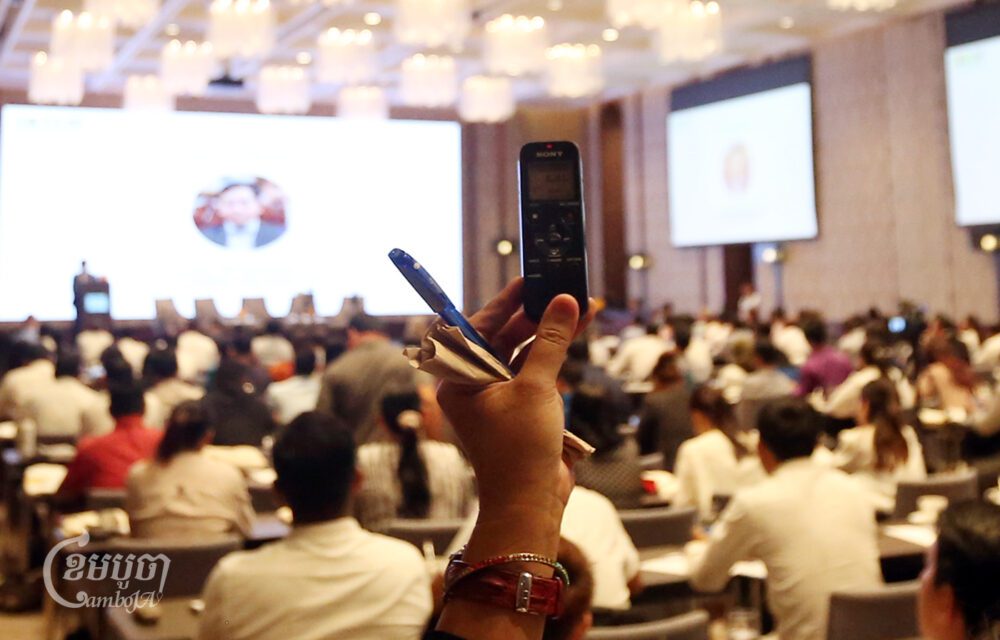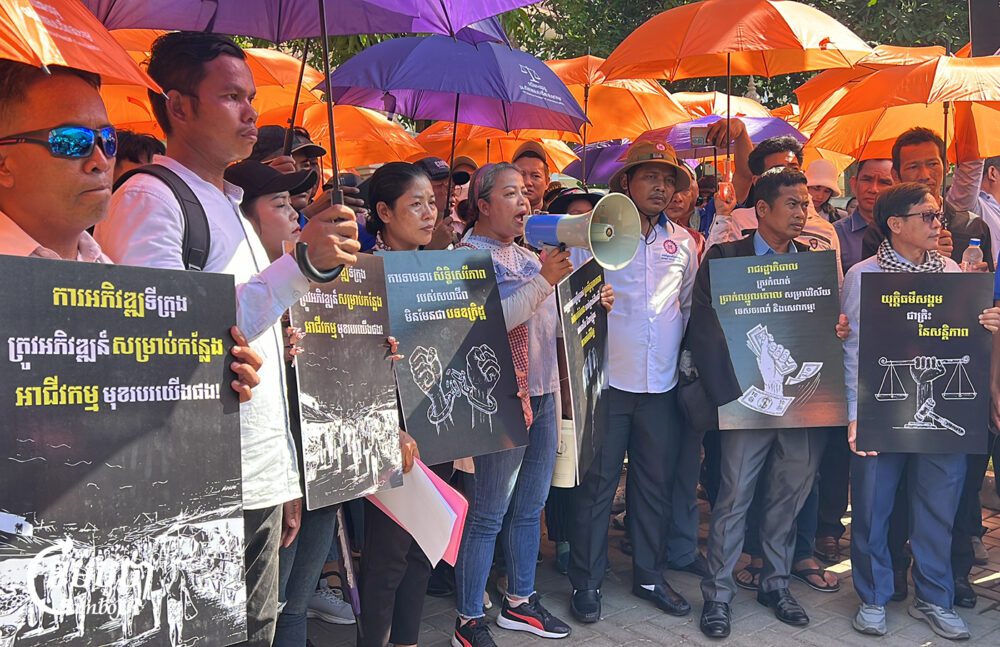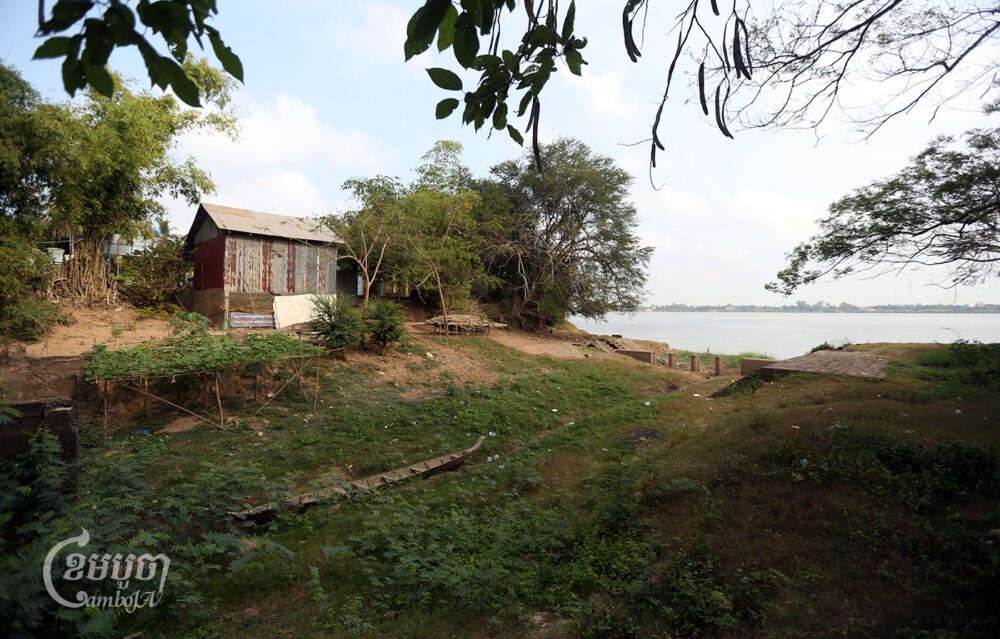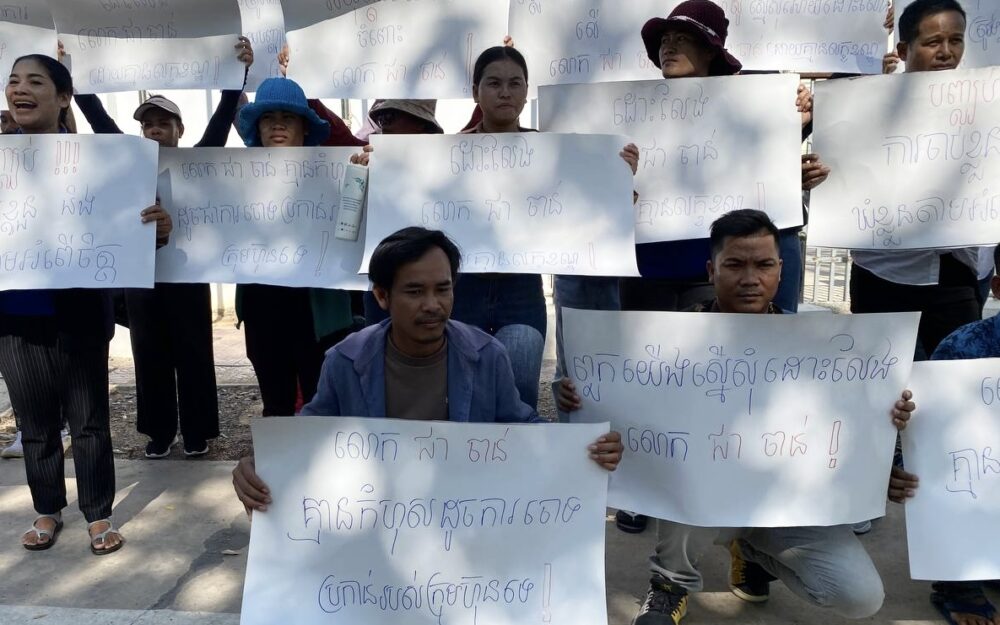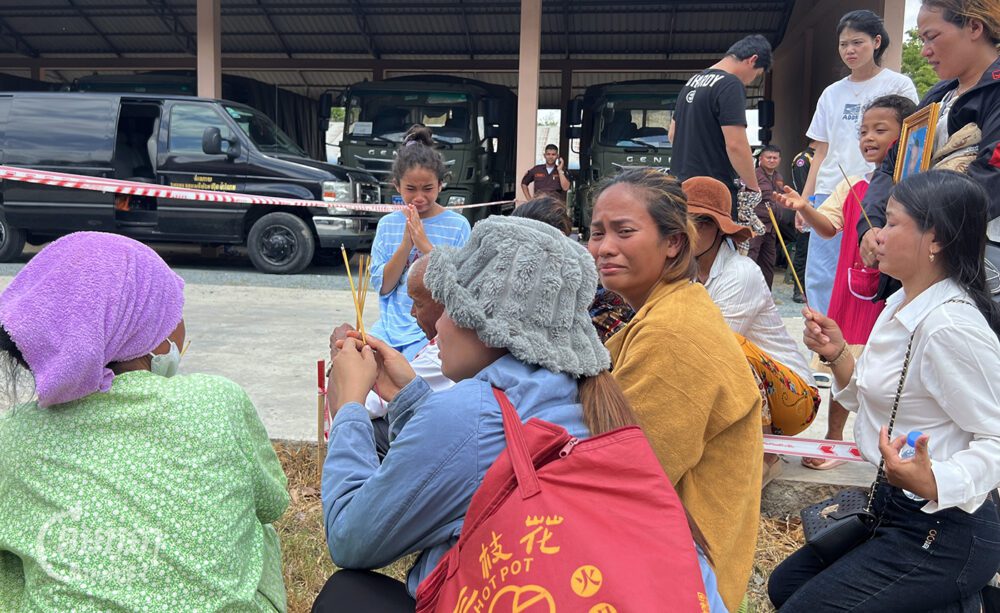When exiled opposition leader Sam Rainsy called the king a puppet in December, Cambodia’s courts quickly slapped him with charges under the lese majeste law that was passed through the one-party parliament in 2018.
The play, from both sides, almost perfectly mirrored events of a year earlier, when the nominal leader of the outlawed Cambodia National Rescue Party lashed out at the King for being subservient to Prime Minister Hun Sen in the weeks before he and his deputies were set to return to Cambodia and “restore democracy” – a failed plan that is on the table once more.
While the insults from Rainsy may seem counterproductive, they are likely a measured tactic to increase exposure for his shattered opposition movement, which has been whittled down by arrests and beatings since the party was dissolved by the Supreme Court in 2017 following narrow election losses.
“I think that this provocation is another strategy to increase political heat,” said Pa Chanroeun, president of the Democratic Institute, explaining how the growing mass of lawsuits against Rainsy could be used to demonstrate the ruling party’s influence over the courts.
“While the possibility of bilateral political negotiations between the ruling party and opposition will not happen, the international community remains important to change the game,” he said.
The lack of leverage and breathing space for the once formidable CNRP has been evident since the party was dissolved for plotting to overthrow the government, with senior members fleeing Cambodia as dozens of officials on the ground continue to be arrested, despite claiming to have ceased all political activity.
Party leaders living in exile and facing a slew of charges that rights groups call politically motivated this week delayed their latest pledge to return home – from January 4 to January 17 – citing flight cancellations.
The opposition leaders say they want to return to face the courts, which have this month begun proceedings in a number of new trials against more than 150 party members and activists in relation to their previous pledges to return and various other instances of alleged incitement.
However, the chances of the ruling party taking any steps toward reconciliation remain slim, with the absence of true in-country opposition providing the preferred environment for Prime Minister Hun Sen and his ageing deputies to transfer power to their children, said political analyst Em Sovannara.
“If they open up the space for freedom, it will allow the opposition to exercise their role more actively and strongly, which is a threat to the CPP,” Sovannara said, citing a number of recent promotions of the next generation of CPP leaders, particularly Hun Manet.
Last month, Lieutenant General Manet was named deputy head of the CPP Central Committee’s public mobilization unit, adding to his titles of army commander, chief of the party’s youth wing, and deputy commander of the armed forces.
“It paves the way for him to lead the country in the future, and the public can understand this,” Sovannara said.
The United States in September used the Magnitsky Act to level sanctions at the Union Development Group for its role in corruption in Cambodia, adding to the targeted sanctioning of high-ranking Cambodians, including Prime Minister Hun Sen’s private security chief, Hing Bun Heang, over a long list of human rights abuses.
Relations between the two countries continue to cool, with Cambodia denying reports that it is allowing China to establish a permanent military presence in the southwest.
Meanwhile, the European Union last year partially withdrew a trade agreement that allowed Cambodia to export goods there duty free, following numerous warnings over a perceived dismantling of democracy.
However, while the West has lost much of its leverage as China has become Cambodia’s biggest benefactor, the CNRP’s only hope of political revival remains with the international community, Sovannara said.
“We will wait and see how the U.S. positions itself next,” he said.
Rainsy, who has lived in France since 2015 as a laundry list of charges and convictions is stacked against him, rejected the court’s latest charge over his insulting the king via social media, which carries penalties up to five years in prison.
“I don’t care about the Phnom Penh Kangaroo Court’s accusation because what I said in my Facebook post corresponds to the truth,” he told CamboJA via email.
Prime Minister Hun Sen has repeatedly stated that there will be no negotiations with Rainsy’s party until they have faced the many charges levelled against them, which include various alleged attempts to topple the government by illegal means.
Meanwhile, Kem Sokha, the co-founder of the CNRP who spent more than a year in solitary confinement while awaiting trial on “treason” charges, has been touring the country and meeting with supporters while under judicial supervision, fueling speculation that he could soon be allowed to return to politics.
As for Rainsy’s clique, the thought of them being invited to any political negotiations were a “dream,” according to CPP spokesman Sok Eysan.
“They call us the fake government and we, in turn, credit them with being a group of outlaws,” he said. “Even if they crawl from Paris to Phnom Penh, there will be no negotiations.”



